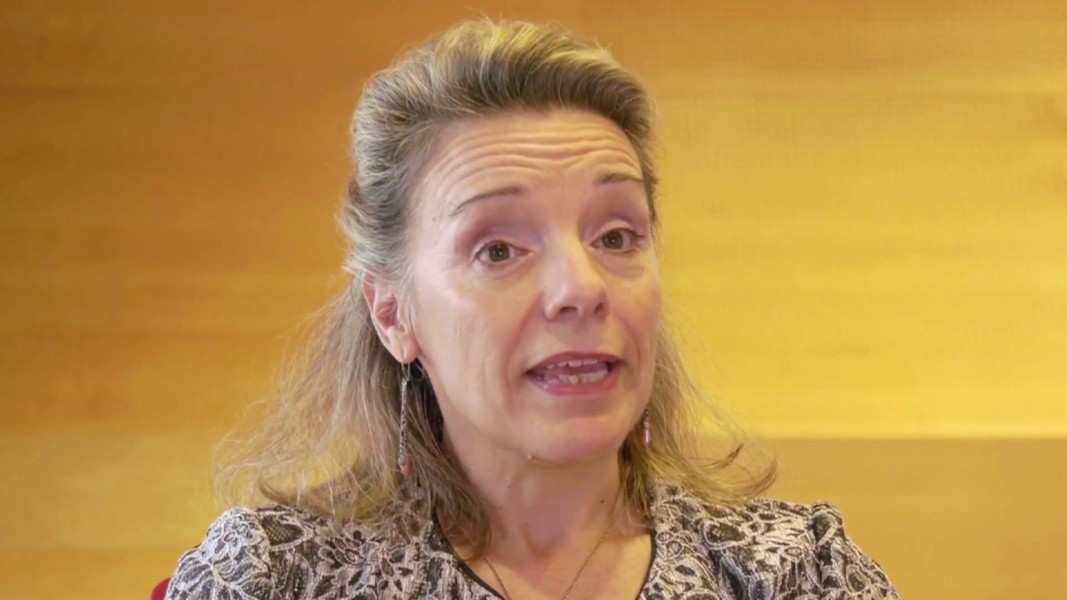Digital technologies and digitalization have already changed a significant part of our way of life and work and require us to constantly acquire new knowledge and skills. That is why the European concept of 'lifelong learning' is becoming increasingly relevant.
Making education accessible to all citizens at all stages of their lives has always been a priority for the EU. And the digital space offers a wide range of possibilities. Recently, the pan-European network of digital competence centres All Digital released a revised version of the Manifesto for Enhancing Digital Competences across Europe, which recommends emphasizing five key areas in the field of education – more supply, better accessibility, higher quality, digital competence and sustainability.
But how will an adult learn to use internet banking, for example? He or she will most likely need help from someone else, or at least written instructions. The Index of Digital Entry into the Economy and Society, DESI, used to build Europe's 2030 Digital Compass, shows that four out of ten adults, as well as one in three working Europeans do not have basic digital skills. The European Commission aims to have 70% of older Europeans have acquired basic digital skills by 2025.
This cannot happen without changes in the education system. Divina Frau-Meigs, a professor of sociology of media and information and communication technologies at the Sorbonne, is convinced of this. She is also a sought-after specialist by organizations such as UNESCO, the Council of Europe, and the European Commission.

A useful starting point for success on the path to digital transformation are the various educational resources created with the help of the European Commission. One of them is the multilingual electronic platform for adult learning EPALE (Electronic Platform for Adult Learning in Europe). It provides educational content, seminars, networking opportunities and is an open membership for adult education professionals. EPALE allows them to connect with each other and learn from each other. In a recent discussion on the same internet platform, Divina Frau-Meigs highlighted the challenges facing educational institutions in the future.
The Bulgarian minority in Romania marked a significant event with the official opening of the Bulgarian Inn in the village of Izvoarele (Hanul Bilgarilor), Teleorman County (Southern Romania)- a locality with Bulgarian roots dating back over 200 years...
The 14th edition of DiVino.Taste, Bulgaria’s leading forum for wines and winemakers, will take place from 28 to 30 November at the Inter Expo Centre in Sofia. Over 80 producers from all wine regions will participate, offering tastings of around 600 of the..
Minutes before the second and final reading, at the parliamentary budget and finance committee, of the state budget for 2026, the leader of the biggest party represented in parliament GERB Boyko Borissov halted the procedure and sent the draft bill..

+359 2 9336 661
